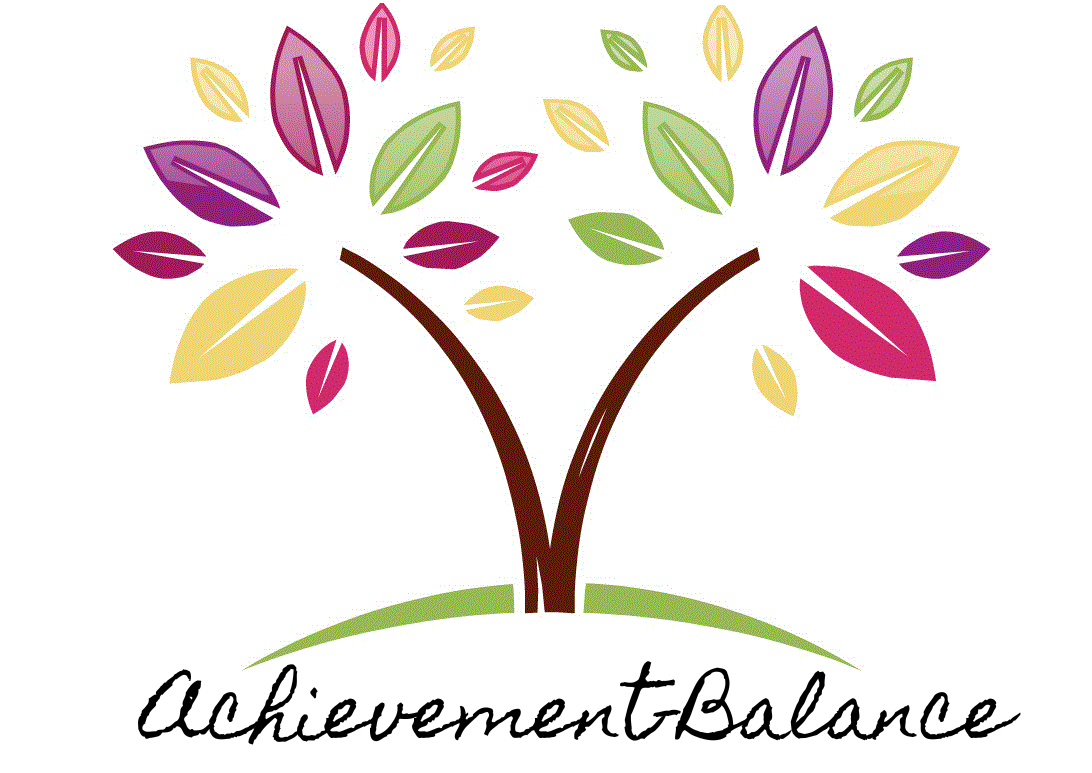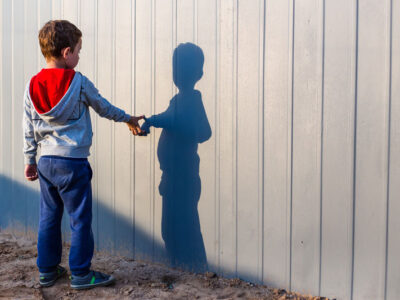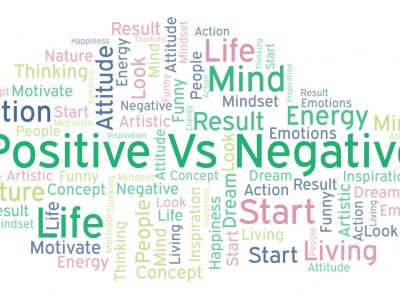
Helping Children Handle Aggression
Aggressive behavior needs serious attention soon after it occurs. It may be predictive of more serious disruptive behavior disorders in later phases of development. Mental health professionals consider disruptive behavior a disorder when the behaviors are frequent and intense which reach a level that negatively impacts a child’s social, academic, or interpersonal domains.
Since disruptive behavior seen in the preschool and grade school years can predict serious health and behavioral problems in adolescence; it is highly recommended that you intervene as early as possible.
How Parents Can Help with Childhood Aggression:
- Participate in parent training with a qualified behavior therapist to learn new techniques for behavior management
- Read behavior management literature suggested by professionals, such as Families (Patterson, 1971) and Living with Children(Patterson & Gullion, 1968)
- Pay attention to and reward appropriate behavior. Ignore minor offenses.
- Model and role play alternatives to aggression with your child. Create a story line with characters they prefer and set up hypothetical situations. Prompt them to practice healthy emotional expression and solve the problems you are presenting in positive ways.
- Give effective directions that are short and easy to understand. For example, “no hitting” said in the right way can be more effective than a long explanation about why it is wrong or why you are upset.
- Create family rules for everyone in the house to follow, including zero tolerance for aggression and outlined consequences. Don’t forget to include the behaviors you dowant to see from them.
- Make sure your child understands that you are not upset with them for being angry or frustrated, and that those feelings are normal and ok. The message you want to send is that their choice to hurt themselves or someone else when feeling angry is not ok. This is a common misunderstanding for children who are disciplined for poor behavior when too angry or frustrated.
- Work with professionals who can assess the function of your child’s aggression and create a personalized treatment plan targeting behavior change.
We would love to meet you and your little one and help them move mountains! Contact us today to learn more or read more of our articles here on our blog.
Resources:
Christophersen, E.R. & Mortweet, S.L. (2001). Treatments that work with children. Washington: American Psychological Association.



